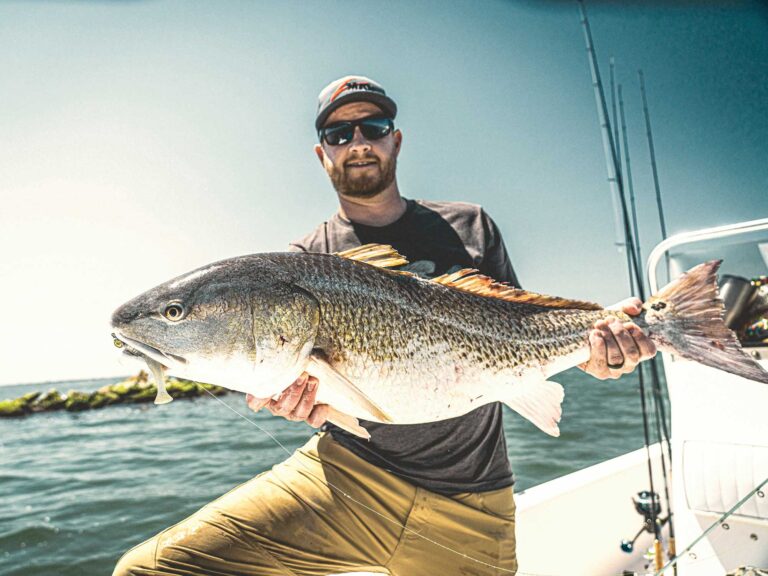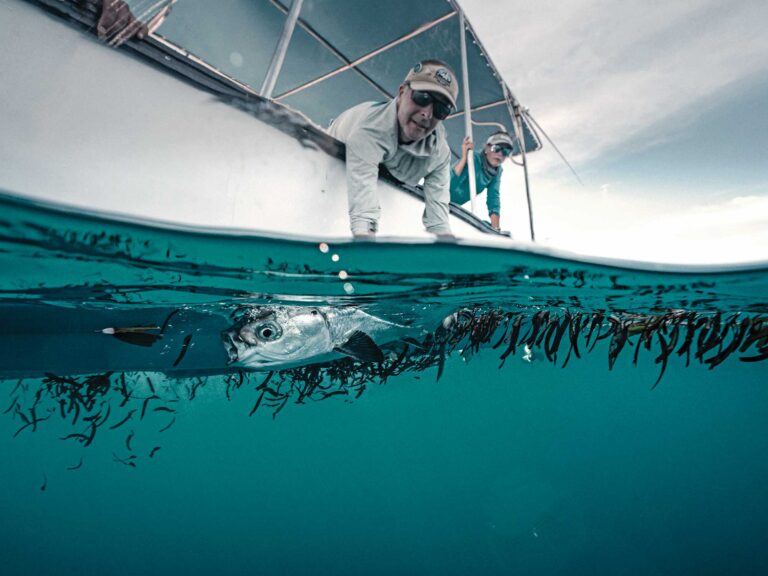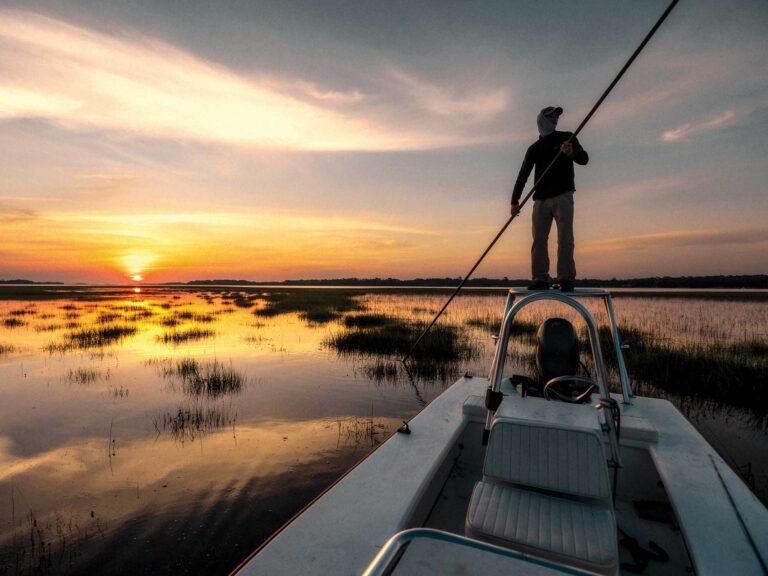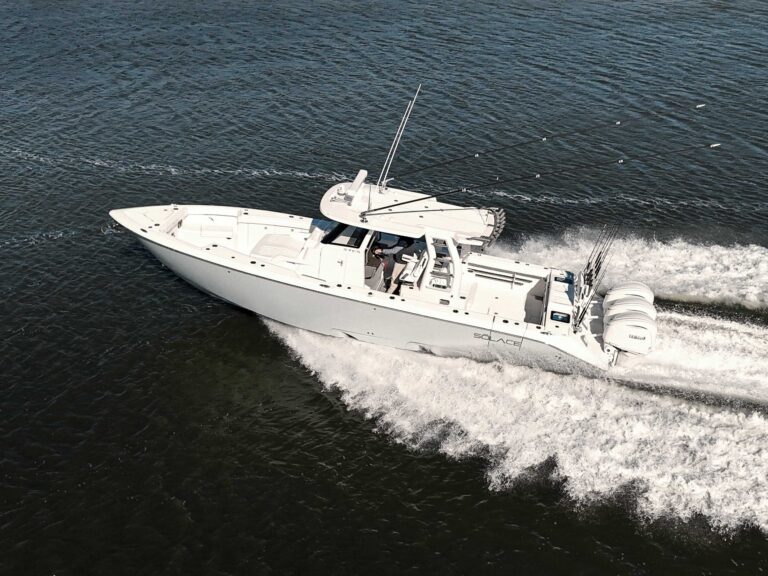The following was released by CCA Florida…
**
**
Introduction
The Biscayne National Park (BNP) contains some of the finest saltwater recreational fishing areas in Florida. The Park’s location in highly urbanized southeast Florida makes it an extremely valuable component of Florida’s 18 billion dollar saltwater recreational fishery. High recreational usage is one of the major values and benefits of the Park. Such recreational use can create management challenges and opportunities. In recent years, some groups and managers have been promoting “no entry” and “no fishing zones” as a means to protect natural resources. Such measures have been pushed even before other more reasonable and proven measures have been tried. The real challenge to Park managers is to not shut down access but rather, instead, to work cooperatively with recreational fishers to develop plans which provide access and resource protection.
CCA Florida has a proven history of support for marine fisheries conservation programs. Our 26 years of effort clearly demonstrate that commitment. From the protective regulations for snook, redfish, bonefish, groupers, snappers, the constitutional ban on the use of gill and entangling nets and the saltwater fishing license to raise funds for research and management, we have been in the front line supporting marine conservation efforts. However, attempts to simply prohibit all fishing in large areas will not be supported by CCA. Prohibiting recreational access and recreational fishing as a management measure should be the last resort, not the first option.
Therefore, CCA DOES NOT SUPPORT the Preferred Alternative 4 or Alternatives 2, 3, or 5, as written, which also have marine reserves (no fishing zones) or large no motor zones which severely restrict boating access and fishing. CCA could support Alternative 2 if access corridors where established in the non-combustion engine zones.
- BNP’s CIRCUMVENTION AND RELUCTANCE TO WORK WITH FWC ON MARINE RESERVE ZONES
CCA and its many thousands of members are most concerned by BNP’s obvious intent to circumvent and disregard the comments of the Florida’s Fish and Wildlife Conservation Commission (FWC) and thousands of conservation minded anglers who participated in the prior public comments and user group discussions on the Fishery Management Plan. The FWC and BNP entered into a “memorandum of understanding” (MOU) which states that “no fishing zones” marine reserves should be the avenue of last resort not the first option. “It is unfortunate that-despite the existing MOU wherein FWC and the Park agreed to make efforts to the maximum extent possible to corporate fully to manage fishing within the Park-the FWC is forced to provide extensive comments with regards to fisheries management issues on a Draft GMP/EIS though the Florida State Clearinghouse” stated Florida Fish and Wildlife Conservation Commission. “The development of the Fishery Management plan is ongoing, and the Draft GMP/EIS specifically states: Due to this ongoing planning process, the GMP will not address fisheries management in its alternatives.” The BNP disingenuously argues that the MOU deals with the Fishery Management Plan and that the MOU’s explicit language on the usage of no fishing Zones does not apply to the General Management Plan. The BNP’s move to circumvent the Fisheries Plan and the FWC “MOU” by placing no fishing/marine reserves in the General Management Plan is in blatant disregard of the agreement and the intent of the FWC.
2. ACCESS RESTRICTION ZONES IN THE DRAFT ALTERNATIVES
CCA firmly believes that “no fishing/no entry zones” should be the last, not the first, management option. Alternatives 3, 4, and 5 contain increasingly larger “marine reserve zones.” “The BNP Draft GMP/EIS does not provide “best available information” that supports the need to reduce or eliminate fishing in the proposed Zones for the “management and preservation” of the state’s renewable marine fishery resources” said Florida Fish and Wildlife Conservation Commission. The marine reserves remove some of the most popular and productive shallow water reefs from the angling public, even barring catch and release fishing! Again, CCA feels that prohibiting fishing and access should be the last resort not the first option.
The “no combustion engine zones” in the shallow areas of Arsenicker Keys, Featherbed Bank, and Cutter Bank in alternatives 2, 3, 4, and 5 are very wide in some areas. Such zones could effectively eliminate most recreational fishing. Not everyone has the financial means to afford a boat with a poling platform and/or electric trolling motors. Such zones as around Totten Key should have a designated slow speed access corridor around the deeper areas of the western and northwestern side. Slow speed would allow use of a combustion engine and would still provide protection for seagrasses and other resources. CCA could support Alternative 2 if access corridors where implemented in the no combustion engine zones. Reasonably sized pole and troll zones with access corridors are good examples. These zones have been employed successfully in other areas with similar concerns and allow for resource protection as well as reasonable access and enhancement of the angling experience. Working with local experts can help identify boating access corridors which would allow reasonable fishing access while protecting seagrass areas.
Alternatives 3 and 5 contain “access by permit only” zones. CCA Florida does not support “access by permit only” zones as this appears to just be another unsubstantiated attempt to exclude the angling public from the enjoyment of public resources.
In closing, we look forward to continuing to work with Biscayne National Park and the Florida Fish and Wildlife Conservation Commission to develop a General Management Plan which will protect the Park’s valuable natural resources while maintaining access for saltwater anglers.
Please click here to submit your own comments









